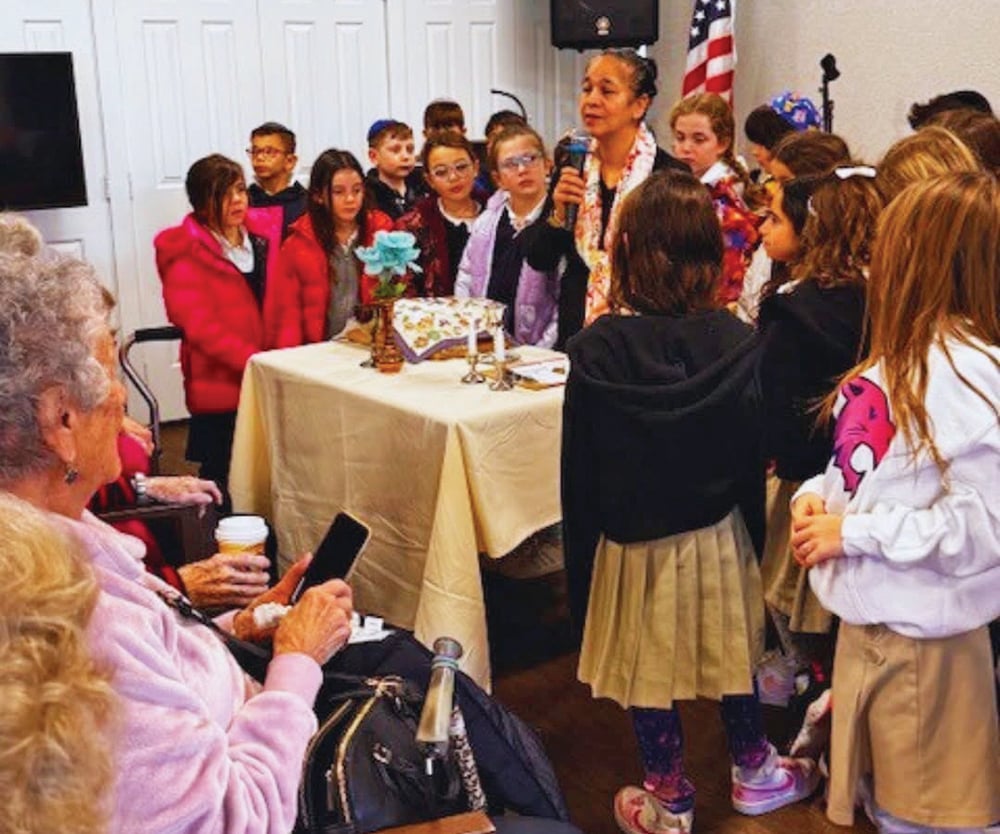On June 24, 2022, in a momentous decision, the Supreme Court overturned Roe v. Wade. Effectively, abortion is longer recognized as a constitutional right, and the matter returns to the state legislatures to decide in what circumstances to permit it. Reactions from both the Democrat and Republican sides have been passionate and often intense. Inevitably and unfortunately, as with every other major political issue, many of those commenting have devolved from presenting reasoned arguments for their side to vitriolic attacks of the opposing side. I’ve seen people accused of not caring at all about the lives of women, children or the unborn simply because their stance on abortion is elsewhere from the one issuing the accusation.
It doesn’t seem like there is any stopping the increased political polarization of the United States, but there is one thing we can do. Refuse to allow this culture of hateful polarization into our communities.
Unfortunately, some of this toxin has already seeped in. I’ve seen tweets asking how Orthodox Jews can possibly side with Republicans, and I’ve heard comments wondering how anyone could possibly have voted for Biden and still consider themselves “frum.” With issues ranging from the political, the social and the religious, I’ve witnessed more than simple disagreement. Orthodox Jews across the aisle have copied the general public in the way they engage in debate. Not just arguing positions, but instead flinging ad hominems and other personal insults at other Orthodox Jews. Ignoring the fact that ostensibly we are all on the same team.
It has to stop. We can’t continue allowing the way we engage in dialogue, even on intense and critical issues, to match that of the outside world. Sure, we can argue—passionately, too. But we need to make sure it stops at that and doesn’t morph into anything worse.
The Mishnah in Avos (5:17) details the two different types of machloksim that can be had. An argument between two parties that is l’shem shamayim, and an argument that is not. We are told the first type of machlokes will endure, while the second will not. The Mishnah continues with an example of each disagreement. An example of the l’shem shamayim argument is that of Hillel and Shammai, two of our greatest tannaim who fought intensely over understanding the eternal truth of the Torah. Prototypical of the other kind of argument is that of Korach, who generated a rebellion in the desert and decried the choice of Aharon as the Kohen Gadol as nepotism from Moshe.
Traditionally, the critical difference of l’shem shamayim is understood as a difference of intentions. Hillel and Shammai had pure intentions as they chased after true understanding of Halacha. Korach’s intentions, on the other hand, were less than noble. I’d like to suggest an alternate reading. Perhaps when the Mishnah describes the key difference as l’shem shamayim, it’s not a reference to their own intentions but instead to how they approached their counterpart.
True, Hillel and Shammai argued. A lot. But they never questioned the other’s intentions. They may have divergent approaches, but there was a mutual understanding that they were on the same quest for truth. Neither accused the other of moral shortcomings as an attempt to explain their differing opinion. And so, their machlokes endured.
Korach’s machlokes was the opposite. His entire argument was predicated on the core point that Moshe had been acting improperly and that his intentions indeed misaligned with the desires up from Heaven. Simply put, he was accusing Moshe of acting shelo l’shem shamayim. Thus, Korach’s machlokes was doomed to fail.
The lesson from the Mishnah is vital. If you want your argument to be positive and productive, make sure you’re sticking to a discussion of ideas, and not a barrage of attacks.
We’ve just concluded Tisha B’Av, the commemoration of the destruction of the two Batei Mikdashim. Chazal tell us that the second Beit Hamikdash was destroyed due to sinas chinam, This is both a theological and a practical point. On a spiritual level, baseless hatred wrought the removal of Hashem’s protection from the Beit Hamikdash. Historically speaking, serious in-fighting amongst the Jews was an integral part of what prevented them from successfully repelling the Roman onslaught.
In his introduction to Sefer Bereishit, the Netziv writes that the generation of Churban Bayis Sheini was actually quite righteous with respect to things that were Bein Adam L’Makom. Their problem was Bein Adam L’Chaveiro. Because of unchecked internal hatred towards each other, each group of Jews viewed those who acted slightly differently as heretics. This led to bloodshed and all the other terrible things leading up to the destruction of the Beit Hamikdash.
Arguing, the act of battling over the correct approach to a variety of issues, is normal. In many cases it’s actually very important. When done properly, a disagreement allows for the consideration of all views and an eventual agreement on a correct course of action. It refines ideas and points the differing parties towards the truth.
Problems arise when arguments turn from a debate into a battleground. An argument loses all productivity and merit when the sharpening of ideas turns into the questioning of intentions.
We have a lot of issues, critically important ones, that affect the Orthodox world. Debate is necessary and important in clarifying positions and ideas. Disagreements and arguments are vital when conducted in the pursuit of truth. We need to make sure we keep them that way.
Barak Hagler is a young Jewish professional living in Hillside. He cares deeply about the general Orthodox community that he is a part of, and enjoys discussing the various facets that it comprises. He can be reached at [email protected] for any thoughts or comments.













